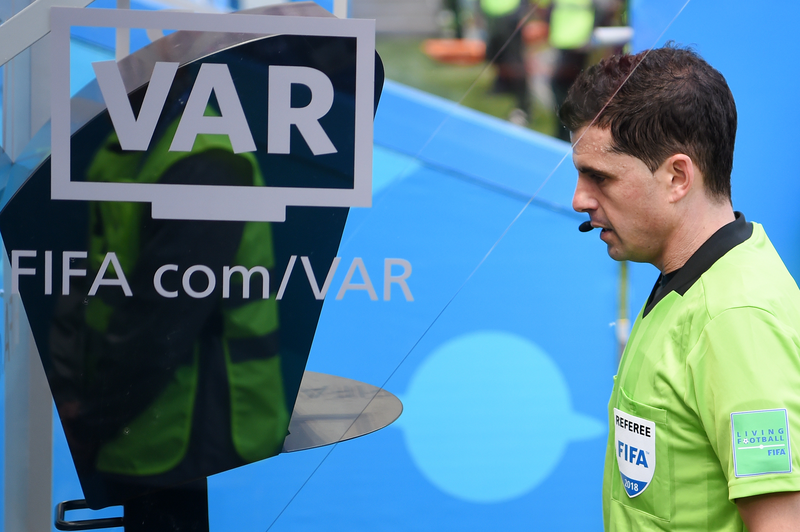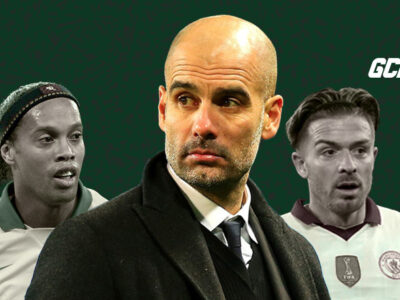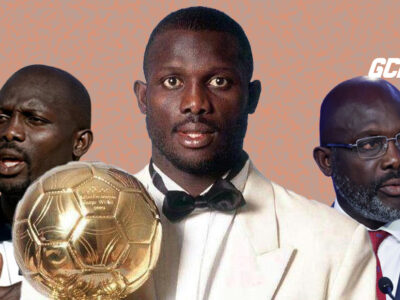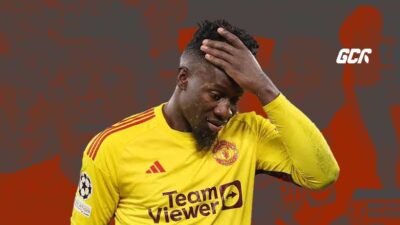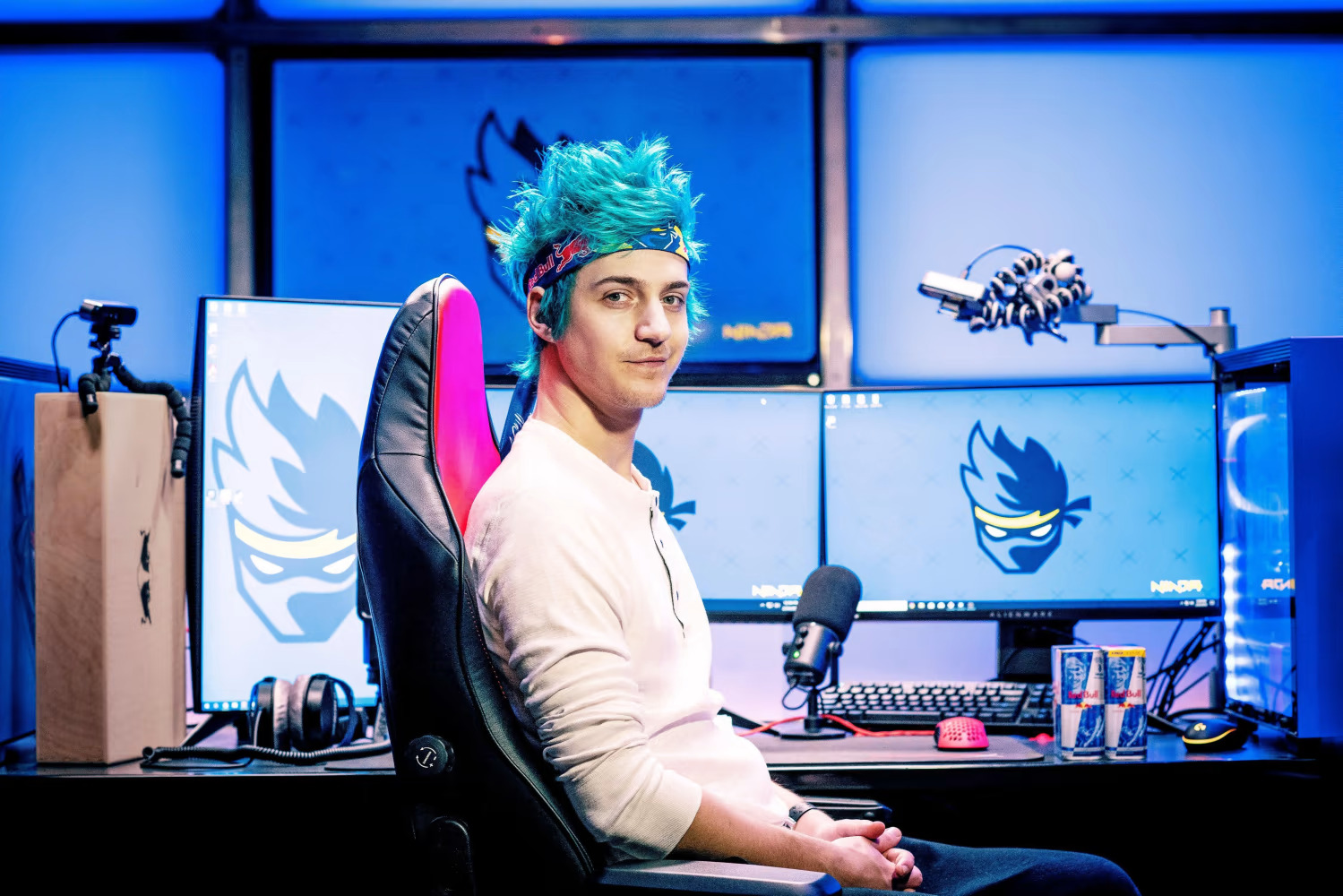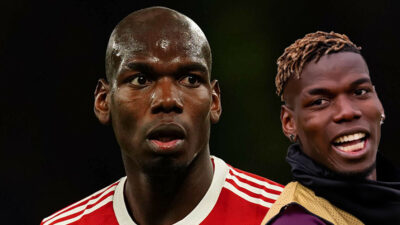In 2013, the tantalizing Dortmund Trio spearheaded the team that captured the hearts of young fans. Coached by Klopp, these BVB boys mesmerized the world with what became known as the Gegenpressing style. They made boys from around the world join the Yellow Wall in singing “Wir sind alle Dortmunder Jungs!” — We are all Dortmund Boys!
Merely a year after losing a heartbreaking UCL final to Bayern, the trio gradually disintegrated. First left Gotze, then left Lewandowski, and then there was Reus, who continued to wow fans with his unwavering loyalty to a club that cast him away as a young footballer.
This is the story of Marco Reus, a tragic case of loyalty in football.
Marco Reus’s Early Life
Marco Reus was born in Dortmund, Germany, on May 31, 1989. His parents were originally going to name him “Dennis” but changed their minds after Marco Van Basten’s remarkable volley at Euro 1988 in Munich.

His teammates nicknamed him “Woody” because of his spiked hairstyle and how he moves his head. Reus had a lanky physique and a calm demeanor, often sporting a smile while playing with boys his age.
Marco Reus’s Youth Career
Reus became passionate about football as a child and started playing at a young age. In 1994, he started playing for Post SV Dortmund in his hometown, and in 1996, he joined the Borussia Dortmund youth team.

Due to his skinny frame, Reus struggled to stand out, and in 2006, he was deemed surplus to requirements. This rejection forced him to join the Rot Weiss Ahlen U-19 team, scoring a goal in each of his first two games.
Describing the incident in 2013, Reus said, “It was very painful for me to leave. “When you spend your whole youth career at one club, you want to make the next step – especially when you support that team.”
He made it into Ahlen’s first team the following year when they were competing in the German third division. During that season, he played in 16 games, including two starts. Reus became one of the best players in German football.
In the 2008–09 season, as a 19-year-old, he had his definitive breakthrough as a professional football player, playing 27 games and scoring four goals.
A Tale of Two Borussia’s
Reus signed a four-year deal with Borussia Mönchengladbach on May 25, 2009. He scored his first Bundesliga goal against Mainz 05 after a wonderful 50-meter solo run. He went on to become a prolific goalscorer for his team under Lucien Favre.
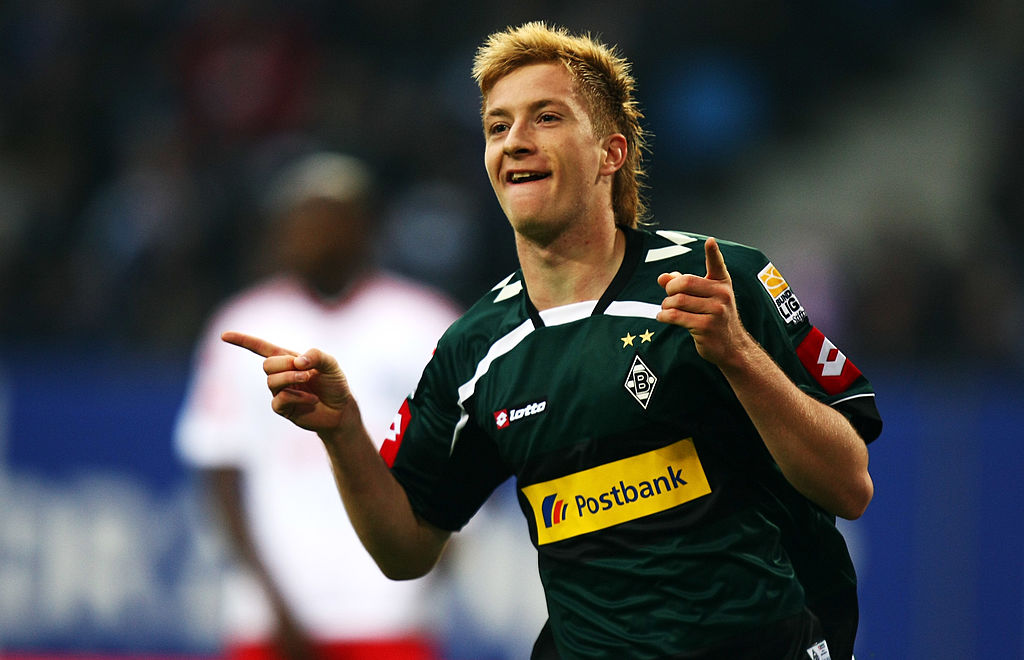
He started the 2011/2012 season strong, scoring 10 goals in his first 13 games, including his first-ever hat-trick in the Bundesliga in a 5-0 thrashing of Werder Bremen. According to reports, his contract with Gladbach featured a €18 million buy-out provision slated to expire in 2015.
Reus officially re-joined Dortmund on 1 July. With Mario Gotze and Robert Lewandowski, he formed a lethal trio that took the world by storm.

In the UEFA Champions League campaign of 2012/3013, Dortmund fell in the “group of death” featuring Ajax, Manchester City, and Real Madrid.
Marco Reus scored his UCL debut goal in the 1-1 draw against Man City. He opened the scoring once more against Real Madrid at the Bernabeu in the group stage, hitting a spectacular volley after being set up by Robert Lewandowski.

In the dramatic Quarterfinals game against Malaga, Reus scored an injury-time goal to help set Dortmund on their way to a semi-final clash against Real Madrid. During this semi-final game, teammate Lewandowski announced himself to the world by slotting 4 goals past a star-studded Madrid side.
Although they went on to lose to Bundesliga rivals Bayern Munich, Dortmund had already established themselves as giant killers. As for Reus, this was his first experience of being “Bayern’s Bride.”
Marco Reus’ Playing Style
When fully fit, Reus is one of the most dangerous wide forwards in the game. He possesses a flawless shooting technique.
Reus is highly skilled at knowing when to pass the ball into the goal and when to hit it with force. He frequently sets up his attempt with just one touch, which can catch goalkeepers and defenders by surprise.
Despite being placed on the wings, he drifts inside and positions himself to strike rather than ‘hugging’ the touchline. He displays incredible instincts for a wide striker, effortlessly eluding markers.
Of course, Reus doesn’t just produce for himself. While set pieces account for the majority of his assists, he also has the ability to find teammates with straightforward through balls from the edge of the penalty box or driving diagonal deliveries.
He frequently anticipates those scenarios with short dribbles, in which he mostly uses his tremendous space to sprint past defenders rather than employing any gimmicks. This makes him a lethal weapon in counter-attacks.
Generally, his defensive work rate is an underappreciated aspect of Reus’ game. He is strong in duels despite his small frame. This is due to his high sense of timing and precision when he attacks a ball carrier.
Reus became Dortmund’s club captain in 2018—the gym class reject was now the leader of young men. He became the standard for BVB’s rising young squad to follow, especially stars like Jadon Sancho, Erling Haaland, and Jude Bellingham.
Marco Reus’ Injury History
The Borussia Dortmund captain has experienced numerous injuries, many of which temporarily derailed his promising career. Reus suffered his first injury in 2010 when he twisted his knee.
A few months later that year, he was out of action again with influenza. Reus has missed 200 matches for both Mönchengladbach and Dortmund in club football alone.

A report in 2017 noted that Reus picks up an injury roughly every 1224 minutes. That equates to an injury on an average of every 13 matches. In a piece for the local paper Ruhr Nachrichten, Dortmund-based football writer Marcus Bark described Reus’ injury issues as “chronic.”
A Lacklustre National Team Career
Reus’ international career got off to a good start when he participated in and scored at Euro 2012.
In a cruel twist of fate, an ankle injury he sustained against Armenia ended his chances of competing in the 2014 FIFA World Cup. And to rub chili into the wound, Germany went on to win a fourth World Cup, with his former teammate Mario Gotze scoring the winner against Argentina.
That’s strike two in the tale of Marco Reus’ woes.
In 2016, lightning struck twice—or thrice, if you are Marco Reus. He missed another international competition due to a late-season injury, which kept him out of Euro 2016.
He did participate in the 2018 World Cup, starting two of Germany’s three group games and scoring against Sweden in the tournament’s lone victory.

It was a disastrous World Cup, not just for Reus but for the German National team. They won only one game in the tournament and crashed out in the group stage.
Reus decided against participating in Germany’s team for the 2020 European Championship in order to give his body time to heal following an injury-filled campaign.
His final opportunity to represent Germany on the biggest platform appeared to be during the 2022 World Cup in Qatar. But in an all-too-familiar twist, that hope was dashed once more when he was carried off during the “Revierderby” two months before the World Cup.
And just like that, Marco Reus’ national team career ended alongside Germany’s chances of winning anything in Qatar.
The Legacy of Marco Reus
Reus’ impact goes beyond his individual accomplishments. He has irrevocably changed Dortmund, turning into a fan favorite and a representation of the team’s revival. Despite receiving numerous offers from top teams, he chose to remain with BVB.
In 2018, he became just the fifth player in Dortmund’shistory to score 100 Bundesliga goals.
In 2021, he registered his 100th assist for BVB, making him the only player in Bundesliga history to have at least 100 goals and 100 assists for Dortmund.
To understand Reus’ longevity and dedication, he played with Lewandowski, Haaland, and Hummels—who spent a few seasons at Bayern during this time.
It’s a common saying that loyalty no longer exists in football—and it’s quite uncommon to find a player that fully commits to one team. Reus, though, is an exception to the rule. He claims he is more determined than ever to bring trophies back to Signal Iduna Park and has not the slightest remorse about sticking with the team.
But in all his achievements, Reus has never won the Bundesliga or UCL trophy. Even in 2023, despite being ahead of Bayern in the standing by 2 points, Reus became part of the infamous team that bottled the title on home ground.

The sight of a dejected Marco Reus after the final whistle will forever epitomize his legacy as the Pride of Dortmund and the Bride of Bayern. Like Harry Kane at Spurs and Charles Barkley with the Phoenix Suns, Reus will go down in history as a mercurial talent that never won the big ones.
Who wrote this?
Okpanku has been involved in several disputes that have been brought before the FIFA Tribunal. Additionally, he actively engages in grassroots coaching and strongly advocate for the dynamic nature of football.







